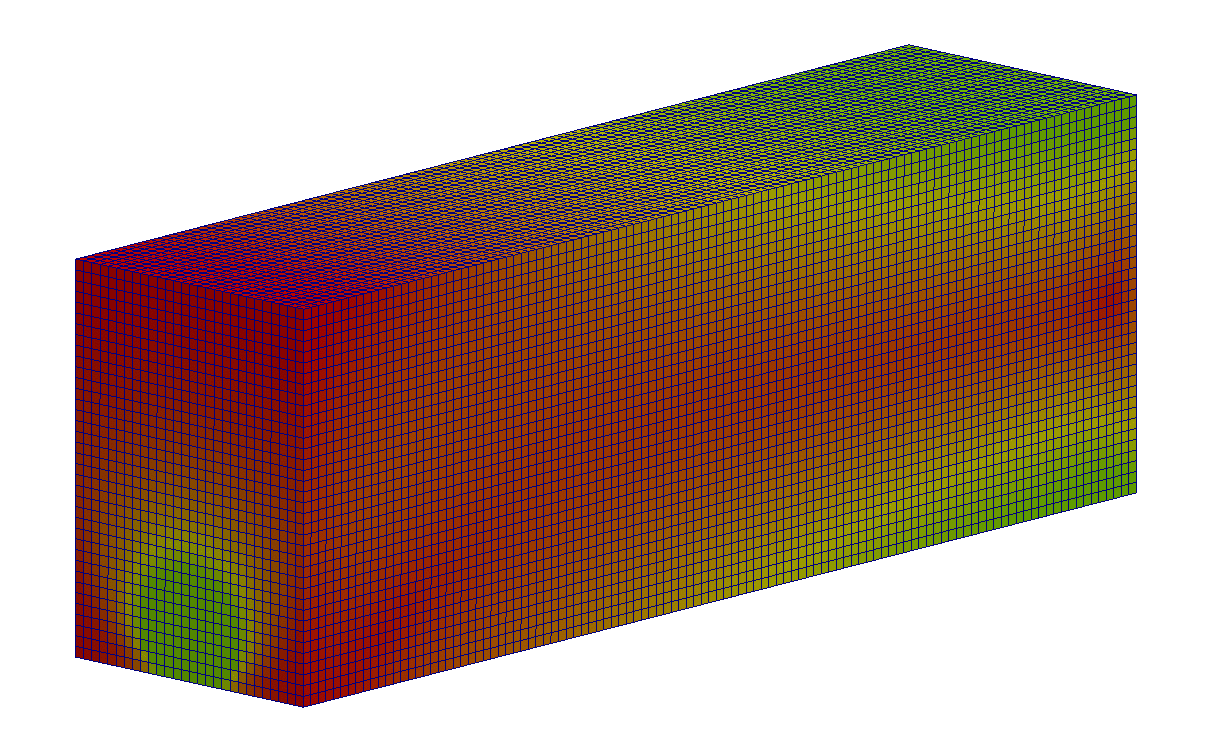Cleverbot.com has been touted as one of the most advanced artificial intelligences ever. The website allows users to chat with the A.I. Cleverbot. But how good is it, really? I sat down with Cleverbot and collaborated on a movie script.
What follows is a movie written by a machine.
I tried to talk to Cleverbot just like I would with a human writing partner. I set up scenarios and Cleverbot provided all of the dialog content for the scene.
Directed by Chris R Wilson. Starring Austin Hillebrecht, Britt Harris and Mad Martian. Edited by Zach Persson. Key grip, Tim Cogley.
Here is the transcript of my conversation with Cleverbot if you’d like to see how the script was written:
User: Let’s write a movie together.
Cleverbot: What would you like to write the poem about?
User: Whatever. Okay, so what do you want the title of the movie to be.
Cleverbot: Do you love me?
User: Great! I’ll start: It’s sunset in a beautiful forest. We see the hero of the film. What do you want the heroes name to be?
Cleverbot: Not my name, my stomach.
[more on Youtube…]
Ref: CleverBot


